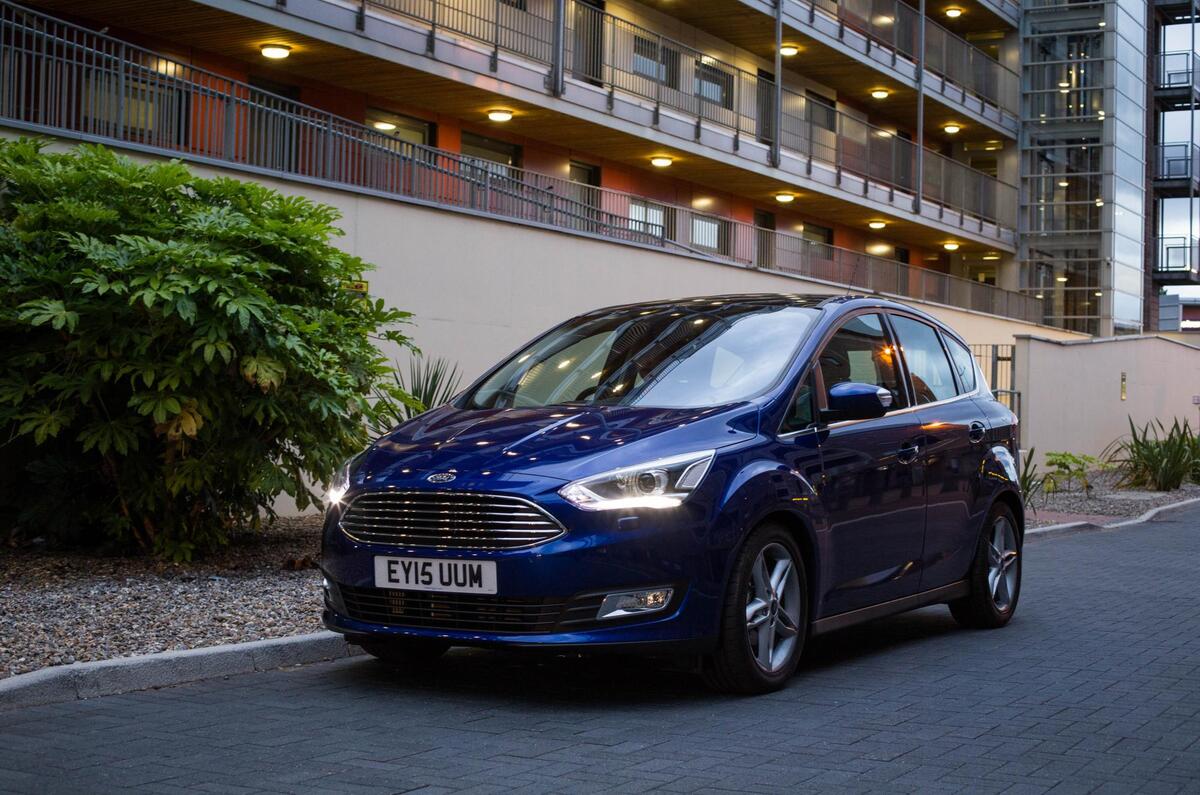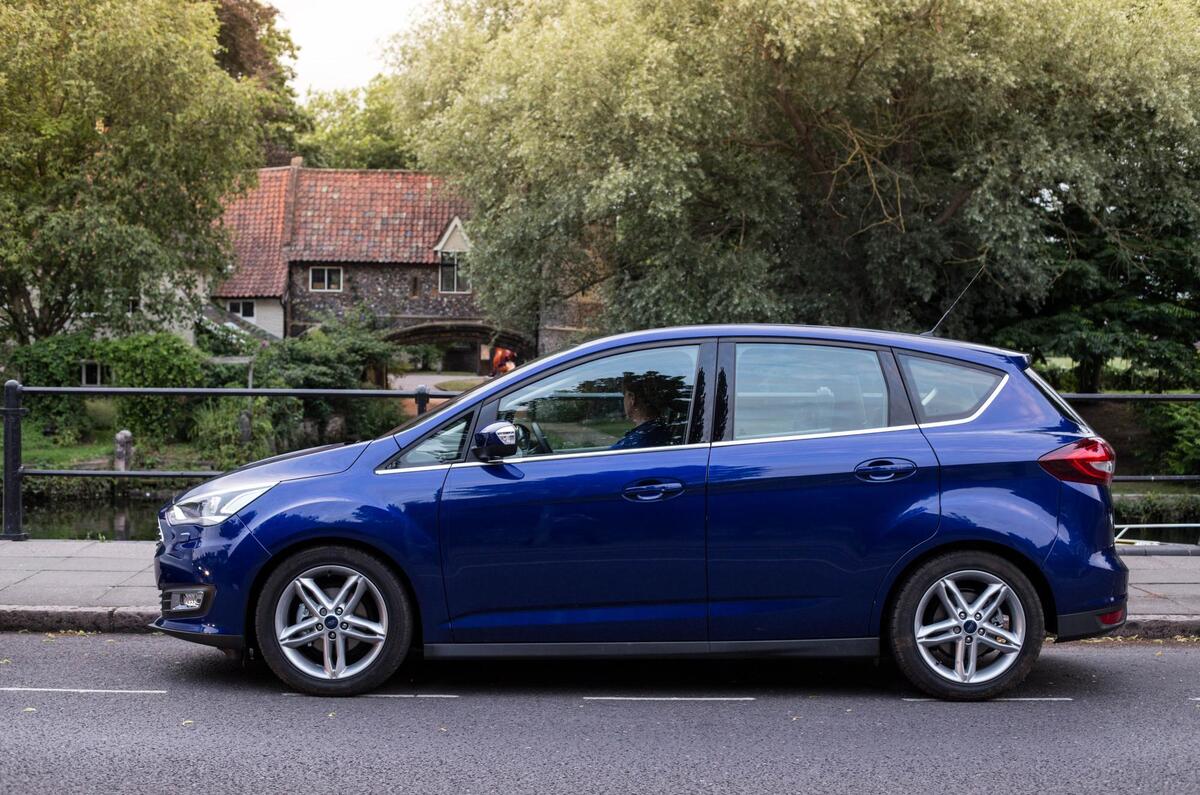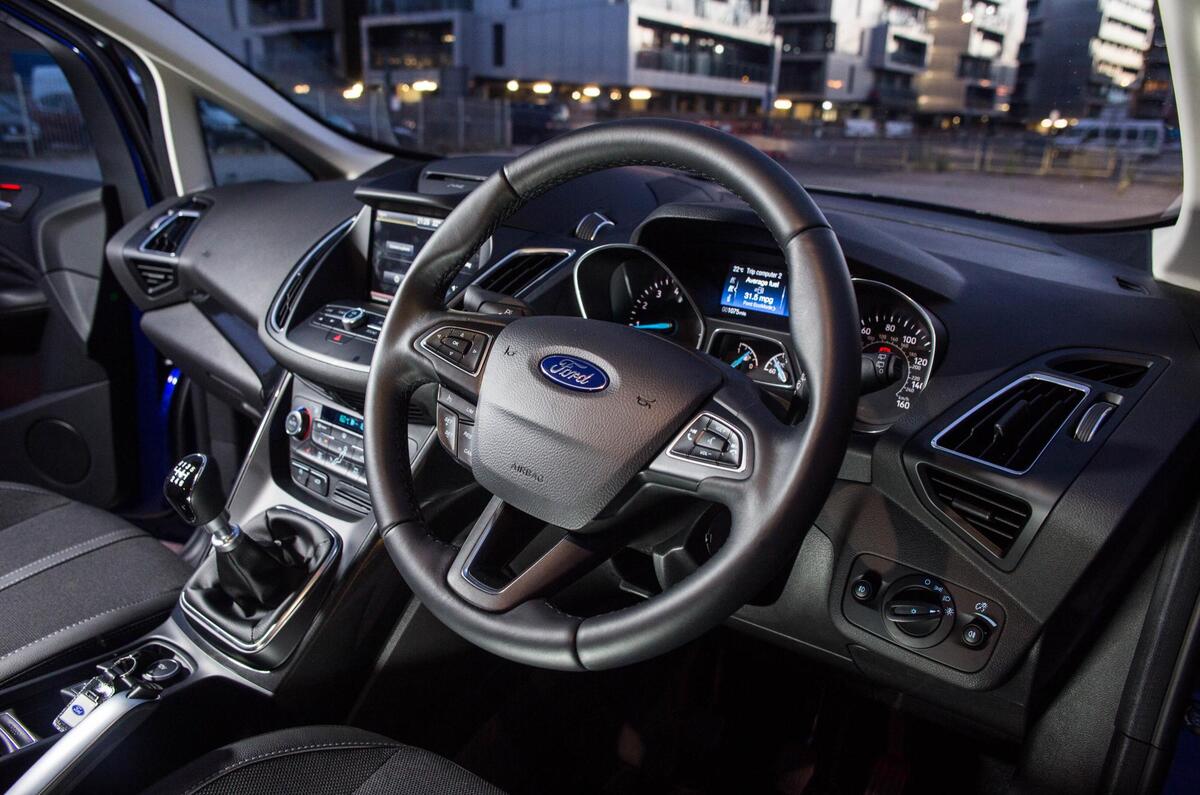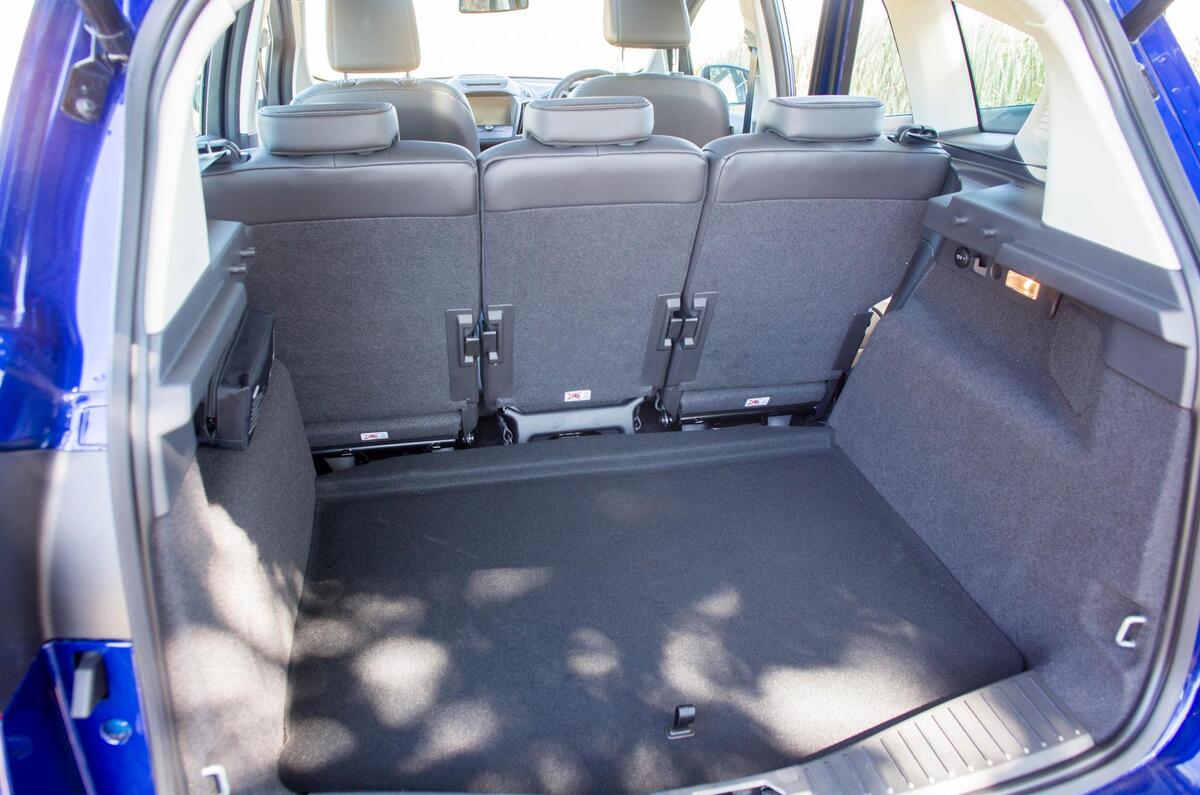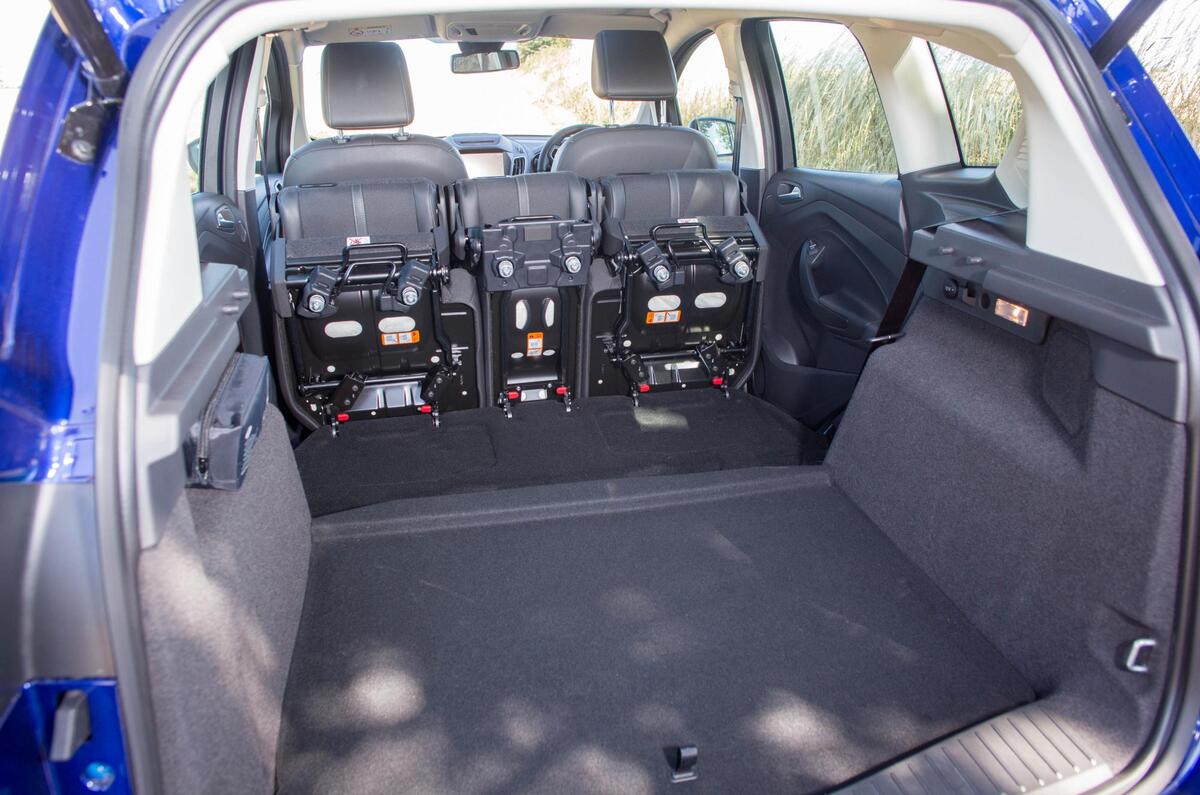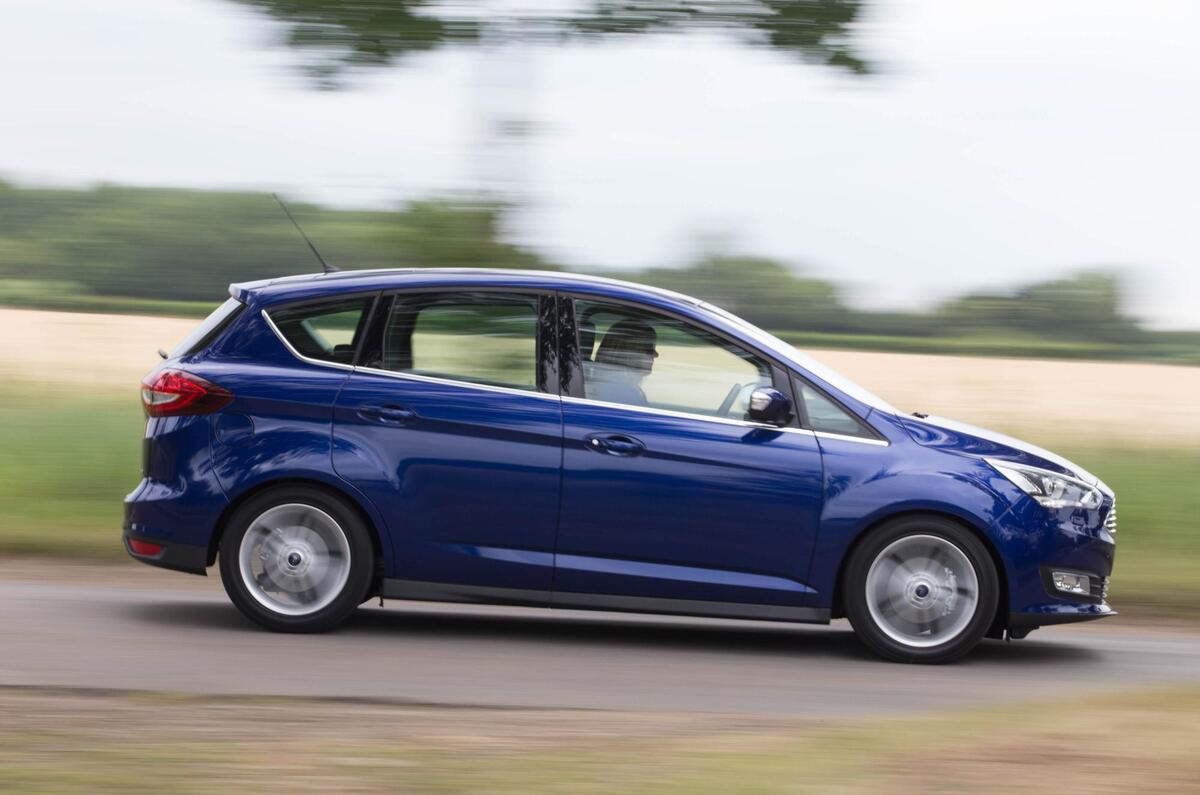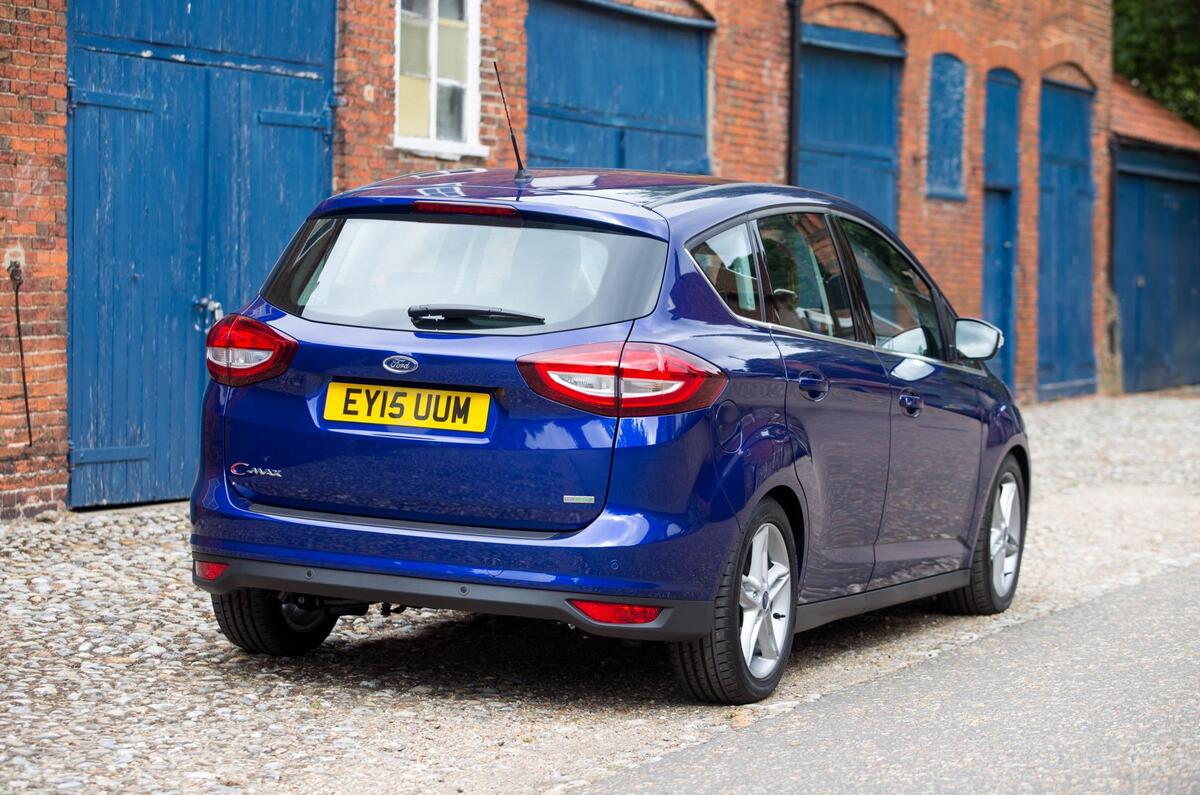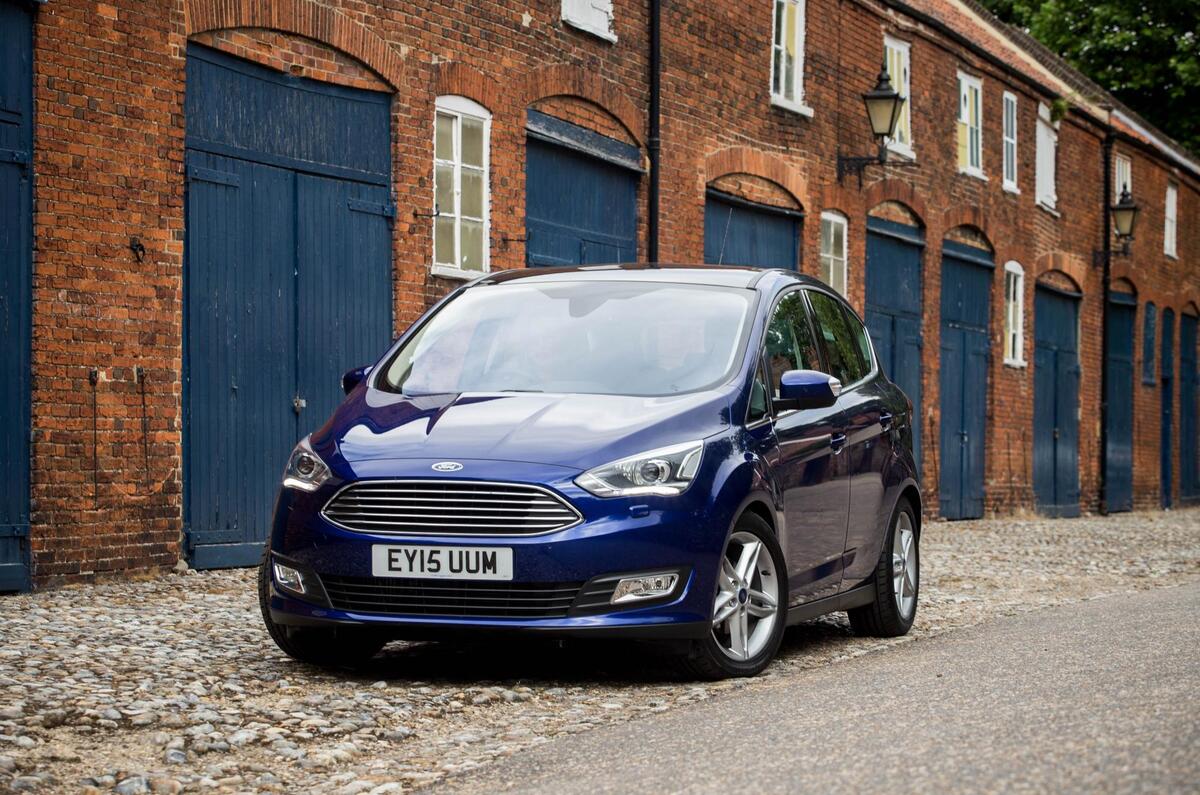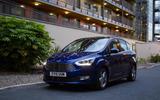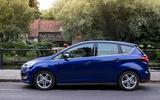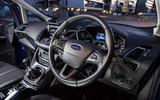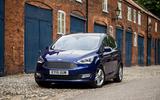The MPV is back – at least on the used car market - with the Ford C-Max.
At the beginning of this year, when market prices were high across the board, the trade has been reporting particularly healthy demand and strong prices for MPVs just like it.
Here, we cover two generations of Ford C-Max: the second-generation five-seater and its stretched, seven-seat relative, the Grand C-Max, both launched in 2010 and facelifted in 2015.
They were based on the then-current third-generation Ford Focus so are good to drive. In fact, this magazine declared the C-Max the class leader for driver involvement. The Grand C-Max attracted almost equal praise, the difference being its more relaxed ride.
Petrol or diesel, there are plenty of engines to choose from. Among the petrols, we like the 123bhp 1.0 Ecoboost, although note that some have had issues and the 148bhp 1.5 Ecoboost.
Both are smooth, gutsy and reasonably economical but the 1.0 wasn’t introduced until 2012 and the 1.5 until 2015. The 1.6 Ecoboost that was available from launch to 2015 is a sweet-running unit. The diesels – a choice of 1.5, 1.6 and 2.0 engines – are torquey and economical.
The 117bhp 1.5 TDCi, which replaced the 1.6 TDCi in 2015, is fine in the C-Max, but the extra pulling power of the 148bhp 2.0 TDCi, also offered from 2015, is welcome in the Grand C-Max.


